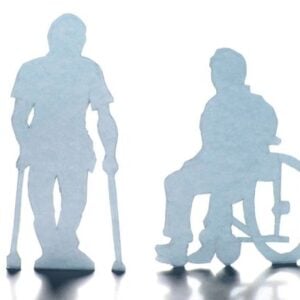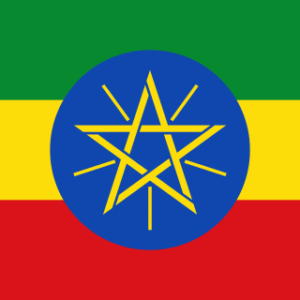The Minns Labor Government has allocated over $1 million in grants to support people with disability throughout the state. This funding, distributed through the 2024-25 Disability Advocacy Futures Program (DAFP), will be shared among thirteen not-for-profit organisations. The grants aim to build capacity within the disability sector, extend support to individuals not covered by the National Disability Insurance Scheme (NDIS), and empower people with disability to participate more fully and confidently in their communities.
The funded projects, ranging from $20,000 to $100,000, focus on increasing supports that enable community participation, strengthening collaboration and innovation within the NSW disability advocacy sector, and building stronger networks and learning opportunities for advocacy organisations. Initiatives include supporting children newly diagnosed with neuromuscular conditions, young disability advocates, and Aboriginal students with autism and their families. Each project works to close gaps, remove barriers, and enhance support systems.
Now in its third funding round, the DAFP’s Special Purposes and Projects and Sector Development stream continues to grow the skills, reach, and resilience of disability advocacy organisations in NSW. This program is a key part of the NSW Government’s broader commitment to disability advocacy, recently extended with an additional $28 million to support 19 organisations delivering individual, systemic, and representative advocacy, as well as sector development, through to June 2026.
Minister for Disability Inclusion Kate Washington emphasized the importance of these grants, highlighting how they back organisations that support people with disability every day, helping them to be heard, safe, and empowered. She noted the program’s success in creating tangible change, from assisting families with new diagnoses to equipping young people with disability to become self-advocates and leaders. The current round of grants will further strengthen advocacy foundations in NSW and ensure more individuals receive the support they need.
Examples of funded projects in 2024–25 include initiatives to help children with newly diagnosed neuromuscular conditions and their families access vital information and peer support. Other projects offer domestic violence alert training for frontline workers and workshops empowering women with disability to recognize abuse. Additionally, civics and advocacy training for young people with disability focus on leadership and rights, while resources are being developed to empower Autistic Aboriginal children and their families throughout their education journey.







